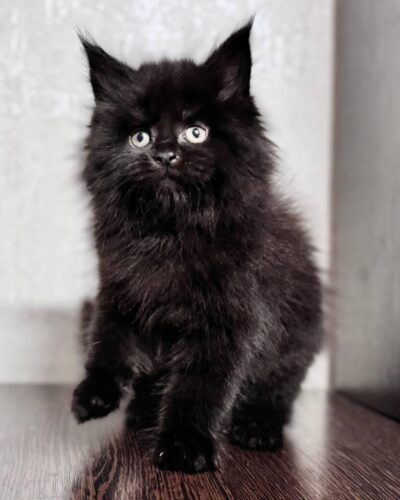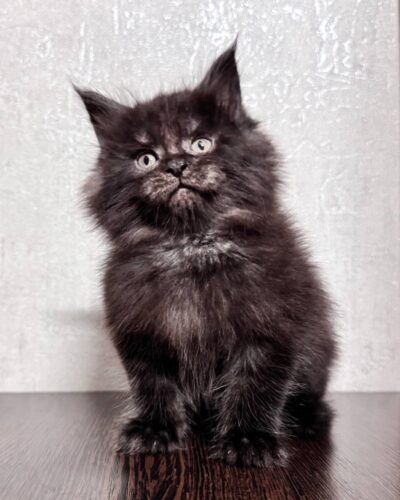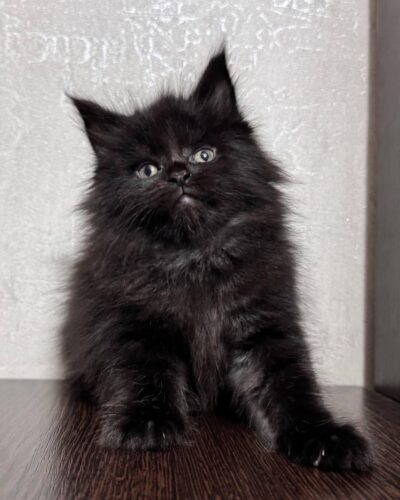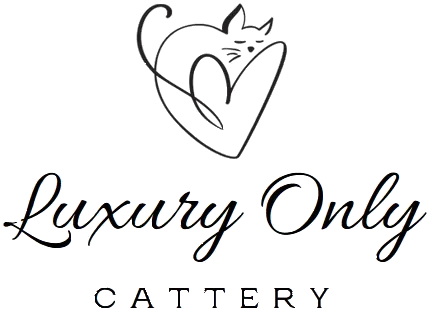Cat Breed - Maine Coon
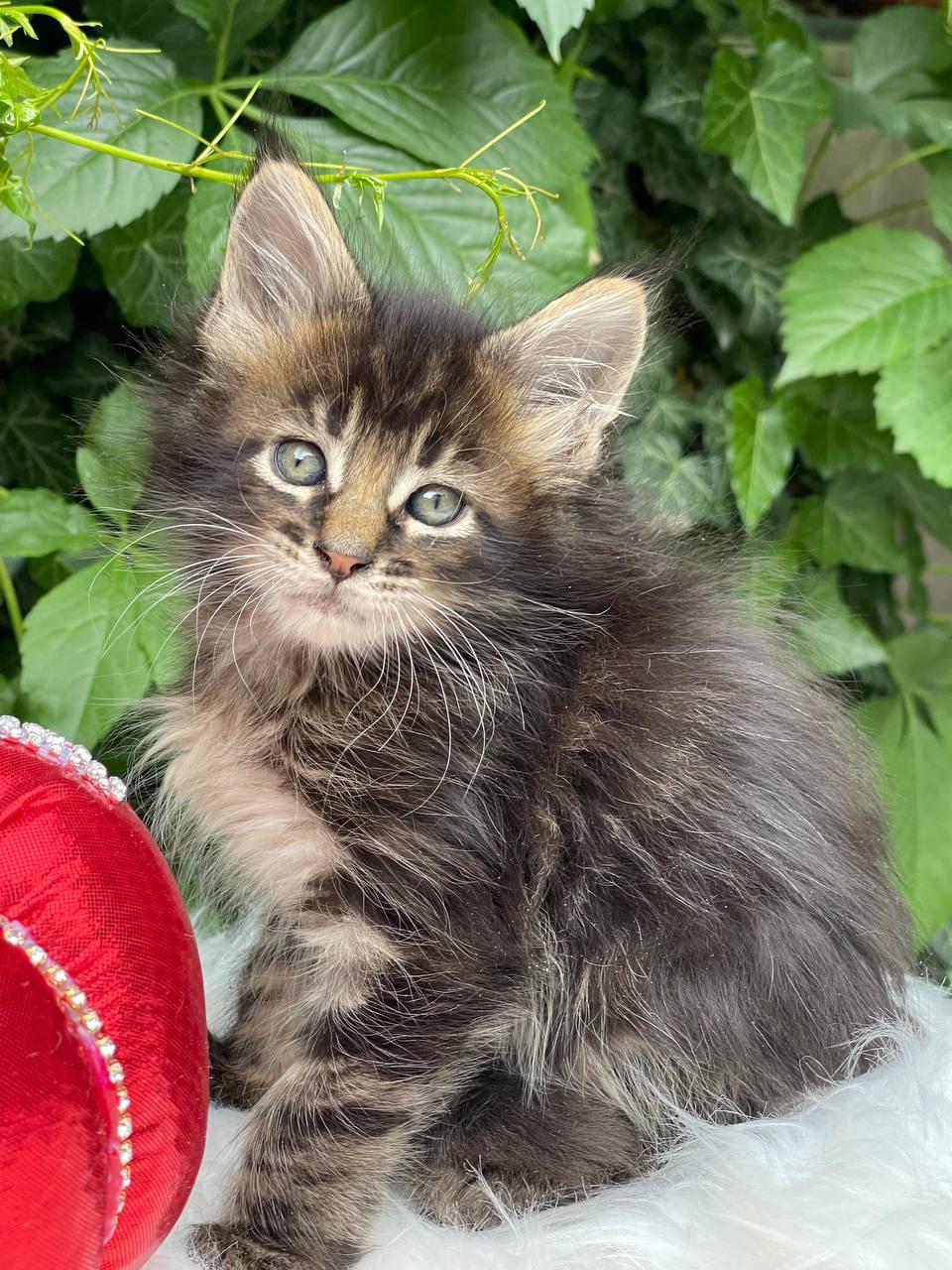
About the Maine Coon
Introduction: Maine Coon Cat - A Comprehensive Guide
Brief Overview: The Maine Coon is one of the largest domesticated cat breeds, known for its friendly nature and majestic appearance.
This guide covers everything you need to know about the Maine Coon, from its history to its care requirements.
Breed History
Origins: The Maine Coon is believed to have originated in Maine, USA, where it is the official state cat.
Various legends suggest origins ranging from Viking cats to seafaring long-haired cats.
Development: Recognized as a breed in the late 19th century, the Maine Coon became popular at cat shows in the early 20th century.
Historical Significance: The breed faced near extinction in the 1950s but was revitalized by dedicated breeders.
Physical Characteristics
Appearance: Maine Coons are large with a robust build, tufted ears, and a bushy tail.
Coat and Colors: Their coat is long and silky, with a variety of colors and patterns including tabby, black, white, and more.
Body Structure: They have a muscular body, a broad chest, and large, expressive eyes.
Personality and Temperament
General Disposition: Maine Coons are known for their affectionate and playful nature. They are often described as “dog-like” due to their social behavior.
Interaction with Humans: They are friendly with adults and children, often forming strong bonds with their families.
Compatibility with Other Pets: Maine Coons generally get along well with other pets, including dogs.
Health and Lifespan
Common Health Issues: Maine Coons can be prone to certain genetic conditions such as hypertrophic cardiomyopathy (HCM) and hip dysplasia.
Lifespan: The average lifespan is between 12 to 15 years.
Preventive Care: Regular vet check-ups, a balanced diet, and maintaining a healthy weight are crucial.
Care Requirements
Grooming Needs: Regular grooming is essential due to their long fur. This includes weekly brushing to prevent matting and occasional baths.
Exercise Needs: Maine Coons are active cats that enjoy playing and exploring. Providing interactive toys and climbing structures is beneficial.
Dietary Needs: They require a high-protein diet with balanced nutrients. It’s important to monitor their food intake to avoid obesity.
Training and Socialization
Trainability: Maine Coons are intelligent and can be trained to perform tricks and follow commands.
Socialization Tips: Early socialization with different environments, people, and other animals is recommended.
Behavioral Traits: They are curious and enjoy interactive play. They may develop strong attachment to their owners and follow them around.
Living Environment
Ideal Living Conditions: Maine Coons adapt well to both apartment living and houses, provided they have enough space to roam and play.
Adaptability: They are adaptable to different living conditions but prefer environments where they have access to both indoor and outdoor spaces.
Breed Standards
Official Standards: Recognized by major cat breed organizations such as CFA and TICA, the breed standards include specific traits like ear tufts, a long bushy tail, and a muscular build.
Show Characteristics: Show-quality Maine Coons must meet strict physical and behavioral standards.
Interesting Facts
Fun Facts: Maine Coons are often called “gentle giants” due to their large size and friendly nature.
Famous Cats: Several Maine Coons have gained fame through social media and cat shows.

